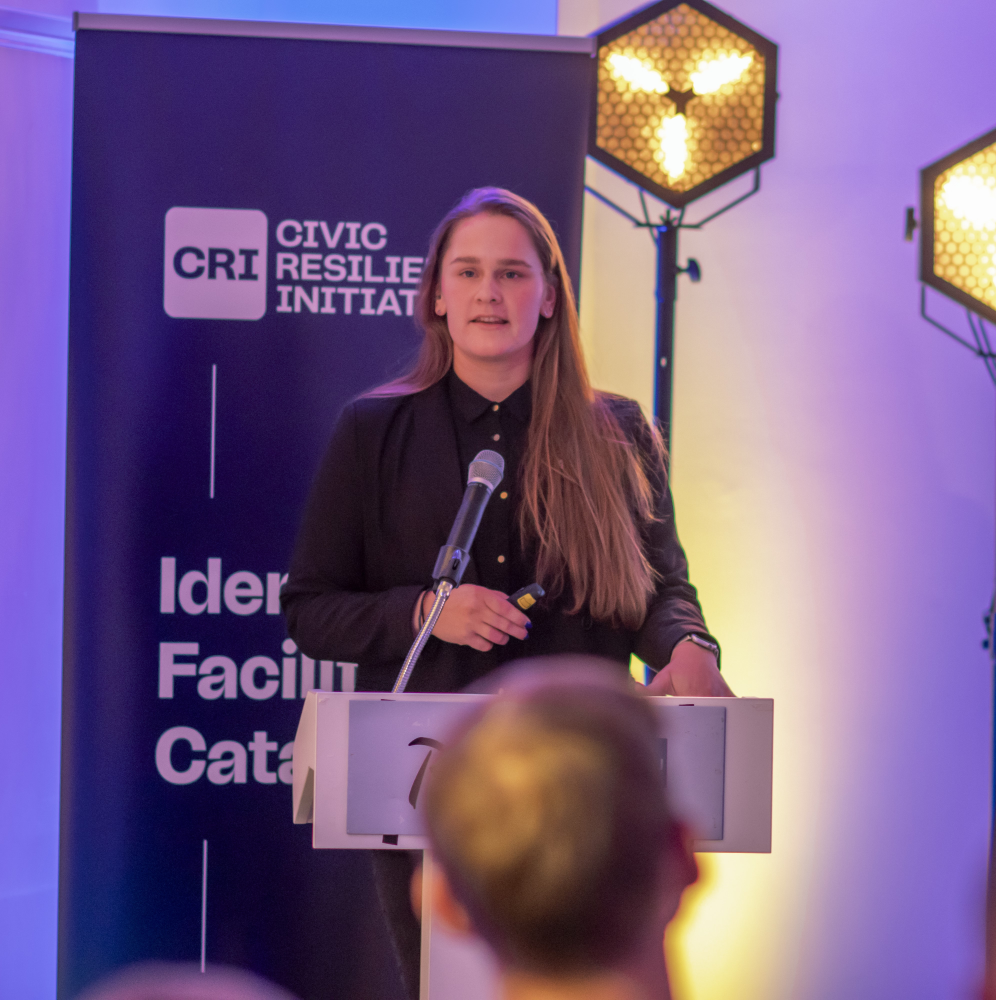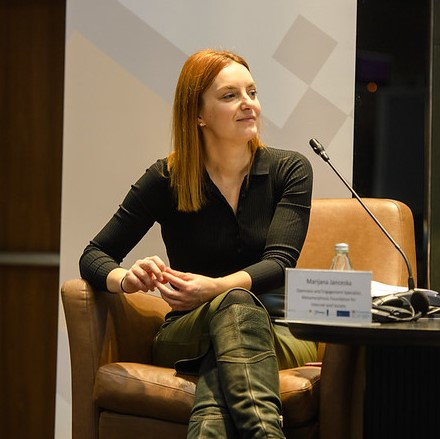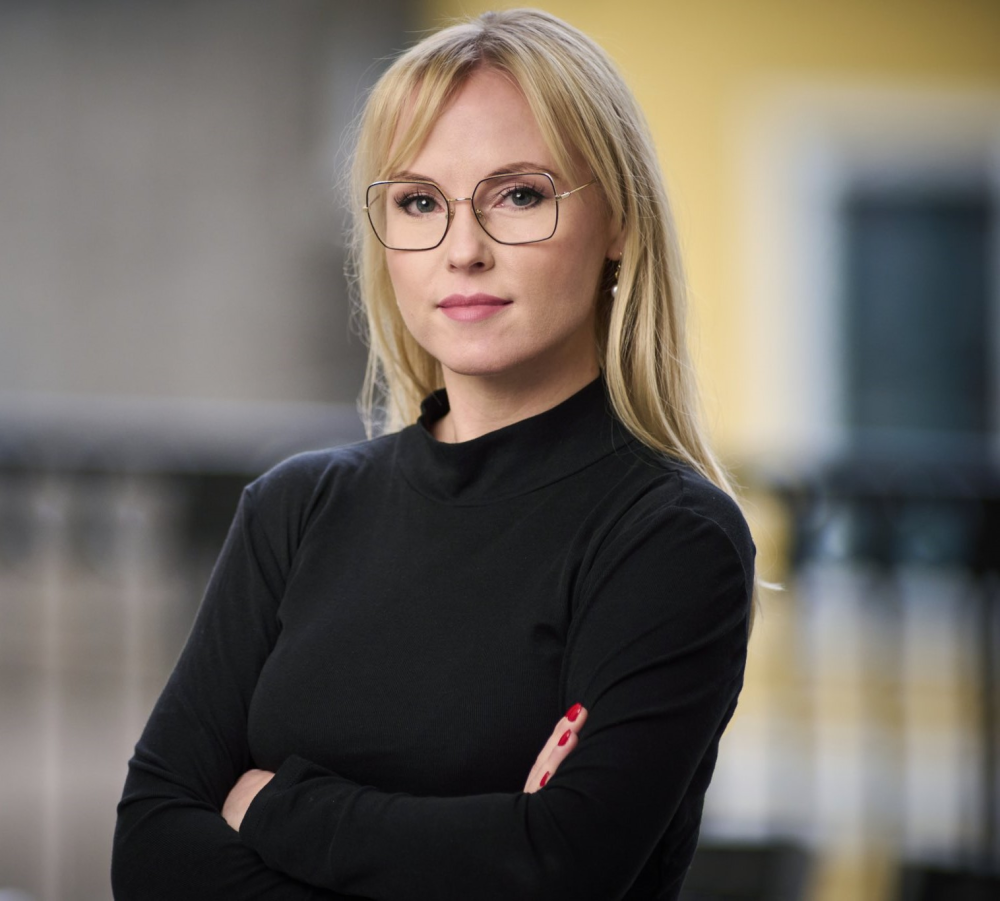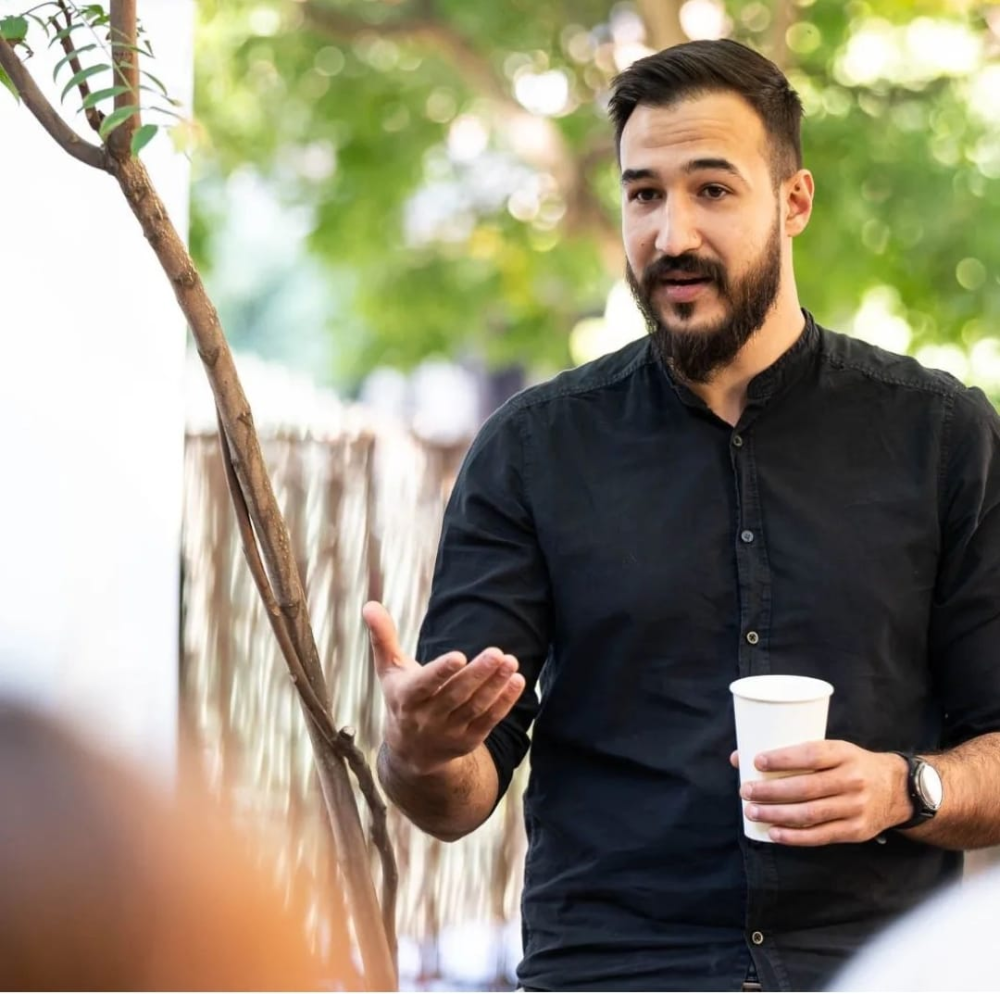Event Date: October 3 (Thursday), 2024, 12:00-13:00 CET
Join us for the online launch of a new edition of TechSoup Regional Mapping Reports that delve into the strategies, challenges, and resilience of CSOs in these regions as they confront Russian information manipulation and domestic disinformation campaigns.
This online webinar offers a compelling look at the real-world impacts of disinformation on democracy, social cohesion, and the operational viability of civil society across these four critical regions.
The event will present a deep dive into the key findings from the reports, outlining challenges, needs, and gaps faced by CSOs across four European regions. The insights distilled from the reports are crucial for journalists, CSO activists, researchers, and policymakers who are at the forefront of this struggle.
Event Highlights:
Introduction: led by Daniel Milo, TechSoup Europe: A concise overview of the main findings and data from the reports, setting the stage for the regional deep dives.
Regional Insights: Four expert speakers, each representing one of the regional reports, will provide key highlights from the respective regions:
Visegrad Region: Edit Zgut-Przybylska, Polish Academy of Sciences: Examination of disinformation tactics during elections.
Baltic Region: Urtė Andriukaitytė, CRI: Insights into anti-government and anti-LGBTQ+ disinformation campaigns.
Black Sea Region: Matei Vrabie, Funky Citizens: Discussion on how anti-EU and anti-migration narratives are undermining national identities.
Western Balkans: Marijana Jancheska, Metamorphosis: Analysis of the spread of disinformation and how it affects the civic society.
Q&A Session: Engage directly with the experts in a 15-minute session
This one-hour event is an essential opportunity to gain a better understanding of the disinformation challenges, and to equip yourself with the knowledge and tools needed to counter them.
Meet the panelists:
 Urtė Andriukaitytė is an experienced disinformation analyst, holding a master's degree in political science, gained analyzing disinformation campaigns in the Baltic States. Honed the skills as an OSINT analyst, focusing primarily on Kremlin-backed disinformation campaigns targeting the Baltic states and wider Eastern Europe. Working for Civic Resilience Initiative, a Lithuanian non-profit, non-governmental organization, focusing its activities on increasing the resilience of Lithuanians and other societies of the region through engaging education.
Urtė Andriukaitytė is an experienced disinformation analyst, holding a master's degree in political science, gained analyzing disinformation campaigns in the Baltic States. Honed the skills as an OSINT analyst, focusing primarily on Kremlin-backed disinformation campaigns targeting the Baltic states and wider Eastern Europe. Working for Civic Resilience Initiative, a Lithuanian non-profit, non-governmental organization, focusing its activities on increasing the resilience of Lithuanians and other societies of the region through engaging education.
 Marijana Jancheska holds a PhD in Cultural Studies and has authored numerous policy papers and books on communications, identities, and literature. Since 2020, she has been a Project Manager at the Metamorphosis Foundation, an organization dedicated to empowering citizens and civil society to take active roles in democracy while supporting the government in fulfilling its duties to serve society.
Marijana Jancheska holds a PhD in Cultural Studies and has authored numerous policy papers and books on communications, identities, and literature. Since 2020, she has been a Project Manager at the Metamorphosis Foundation, an organization dedicated to empowering citizens and civil society to take active roles in democracy while supporting the government in fulfilling its duties to serve society.
 Dr. Edit Zgut-Przybylska is an Assistant Professor at the Institute of Philosophy and Sociology (IFIS) in the Polish Academy of Sciences (PAN) and a visiting fellow at CEU Democracy Institute. Her research interest covers informality and populism in the context of democratic backsliding and the constraining role of the European Union. Edit conducts policy analysis about Russian and Chinese influence, including disinformation. She is also a visiting lecturer at the Foreign Service Institute of the US State Department and a board member of Amnesty International Hungary. Synthetic versions of her work are available on POLITICO EUROPE, Foreign Policy, and Visegrad Insight. Edit held a reconstitution fellowship in 2022/2023, a Rethink CEE fellowship at the German Marshall Fund of the United States, and a Visegrad Insight Fellowship. She previously worked at Political Capital Research Institute and before that, she was a journalist at various media outlets in Hungary.
Dr. Edit Zgut-Przybylska is an Assistant Professor at the Institute of Philosophy and Sociology (IFIS) in the Polish Academy of Sciences (PAN) and a visiting fellow at CEU Democracy Institute. Her research interest covers informality and populism in the context of democratic backsliding and the constraining role of the European Union. Edit conducts policy analysis about Russian and Chinese influence, including disinformation. She is also a visiting lecturer at the Foreign Service Institute of the US State Department and a board member of Amnesty International Hungary. Synthetic versions of her work are available on POLITICO EUROPE, Foreign Policy, and Visegrad Insight. Edit held a reconstitution fellowship in 2022/2023, a Rethink CEE fellowship at the German Marshall Fund of the United States, and a Visegrad Insight Fellowship. She previously worked at Political Capital Research Institute and before that, she was a journalist at various media outlets in Hungary.
 Tudor-Matei Vrabie is a program manager at Funky Citizens in Romania. Passionate about youth engagement and community involvement, he prioritizes empowering individuals to help combat disinformation. As an advocate for democratic values, civic education, and digital responsibility, he promotes the spirit of proactive engagement and positive change, fostering informed citizenship and critical-thinking skills.
Tudor-Matei Vrabie is a program manager at Funky Citizens in Romania. Passionate about youth engagement and community involvement, he prioritizes empowering individuals to help combat disinformation. As an advocate for democratic values, civic education, and digital responsibility, he promotes the spirit of proactive engagement and positive change, fostering informed citizenship and critical-thinking skills.
 Daniel Milo studied law at Comenius University in Bratislava and holds a doctorate in criminal law. His main fields of expertise are hybrid threats, extremism, paramilitary groups, and the use of disinformation by foreign actors. He has published or co-authored several publications on these issues, including a study of the vulnerability of Central and Eastern European countries to subversive influences, GLOBSEC Trends, or analytical reports mapping the links between the Kremlin and far-right political actors. His previous work experience includes the role of Advisor to the OSCE Office for Democratic Institutions and Human Rights in Warsaw, a Coordinator of anti-extremist policies in the Office of the Minister of the Interior, a Special Advisor to the Minister of Justice on extremism, and a Senior Research Fellow at GLOBSEC. He currently works as a Counter-Disinformation Subject Matter Expert at TechSoup Europe.
Daniel Milo studied law at Comenius University in Bratislava and holds a doctorate in criminal law. His main fields of expertise are hybrid threats, extremism, paramilitary groups, and the use of disinformation by foreign actors. He has published or co-authored several publications on these issues, including a study of the vulnerability of Central and Eastern European countries to subversive influences, GLOBSEC Trends, or analytical reports mapping the links between the Kremlin and far-right political actors. His previous work experience includes the role of Advisor to the OSCE Office for Democratic Institutions and Human Rights in Warsaw, a Coordinator of anti-extremist policies in the Office of the Minister of the Interior, a Special Advisor to the Minister of Justice on extremism, and a Senior Research Fellow at GLOBSEC. He currently works as a Counter-Disinformation Subject Matter Expert at TechSoup Europe.

